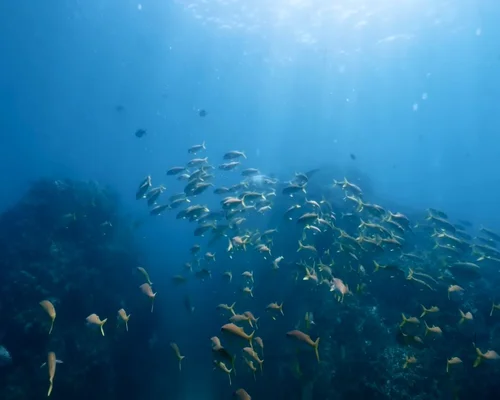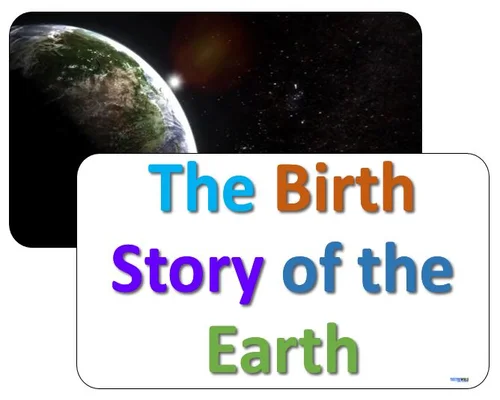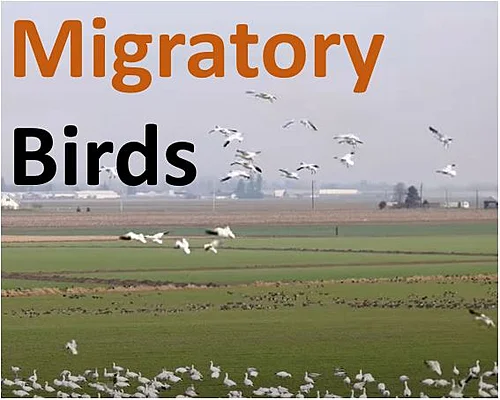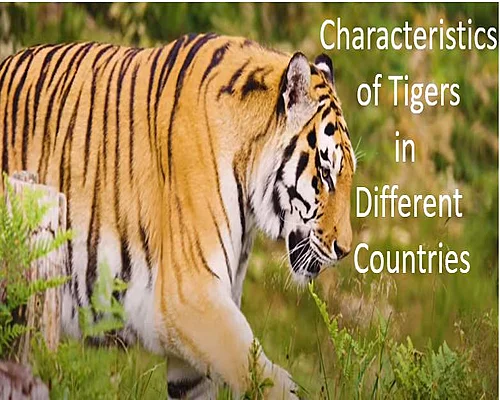
Fact about the sea
Fact about the sea
The Sea: An Introduction
Oceans are a large part of the Earth hydrosphere, which is filled with seawater. Seas are smaller than oceans and are often partially surrounded by land. It is a part of the Earth important ecosystems and has great geological, meteorological, and economic importance.
Characteristics of the sea:
Size and Depth:
Seas are generally smaller than oceans.
The average depth may be less than the ocean, but some oceans may have greater depth.
Limits and Locations:
Oceans are usually located close to land and are often limited by coasts or islands.
Attributes of watercourses:
Sea water is salty and contains various minerals dissolved in it.
Salinity levels vary from ocean to ocean.
Substrate Variation:
Sand, gravel, rock, and sometimes coral reefs are found on the ocean floor.
Major oceans of the world:
Arabian Sea:
Part of the Indian Ocean.
It is bordered by India, Pakistan, Iran and Oman.
Bay of Bengal:
The world largest ocean.
It is located along the east coast of India, Bangladesh, and the west coast of Myanmar.
South China Sea:
It is part of the Pacific Ocean.
Important to various countries in Southeast Asia.
Andaman Sea:
Part of the Bay of Bengal and located between Thailand, Myanmar and the Andaman Islands.
Mediterranean Sea:
Located between Europe, Asia and Africa.
It is an important trade route.
Black Sea:
It is located between Eastern Europe and Western Asia.
Importance of ocean:
Economic Aspects:
Fishing: Ocean is the main source of fishing and seafood collection.
Trade: Transporting goods by sea is easier and cheaper.
Natural Resources: Oil, natural gas, and various minerals are available.
Environmental Aspects:
Biodiversity: Oceans are home to various species of marine animals and plants.
Climate regulation: Oceans maintain the Earth temperature and climate balance.
Tourism and Recreation:
Sea tourism is a big part of the industry.
Ocean beaches, snorkeling, scuba diving and other marine sports are popular.
Military Strategy:
The navies of various countries consider the sea important to maintain their maritime power.
Marine Ecosystem:
The ocean is known for a variety of biodiversity, including:
Fish: Tuna, shark, salmon.
Marine mammals: whales, dolphins, seals.
Coral reefs: One of the world largest marine ecosystems.
Turtles and seabirds.
Challenges affecting the ocean:
Pollution:
Plastic waste, oil spills and chemical pollution threaten marine ecosystems.
Overfishing:
Overfishing is reducing the number of marine animals.
Climate Change:
Rising sea temperatures are destroying coral reefs and disrupting marine life.
Rise in water level:
Melting ice is causing sea levels to rise, threatening coastal areas.
Interesting facts about the ocean:
About 71% of the Earth is covered by oceans and seas.
Marine plants (phytoplankton) produce about 50-80% of Earth total oxygen.
The deepest place in the world is called the Mariana Trench, which is part of the Pacific Ocean. It is about 11,034 meters (36,201 ft) deep.

-how-can-I-go.webp)





















